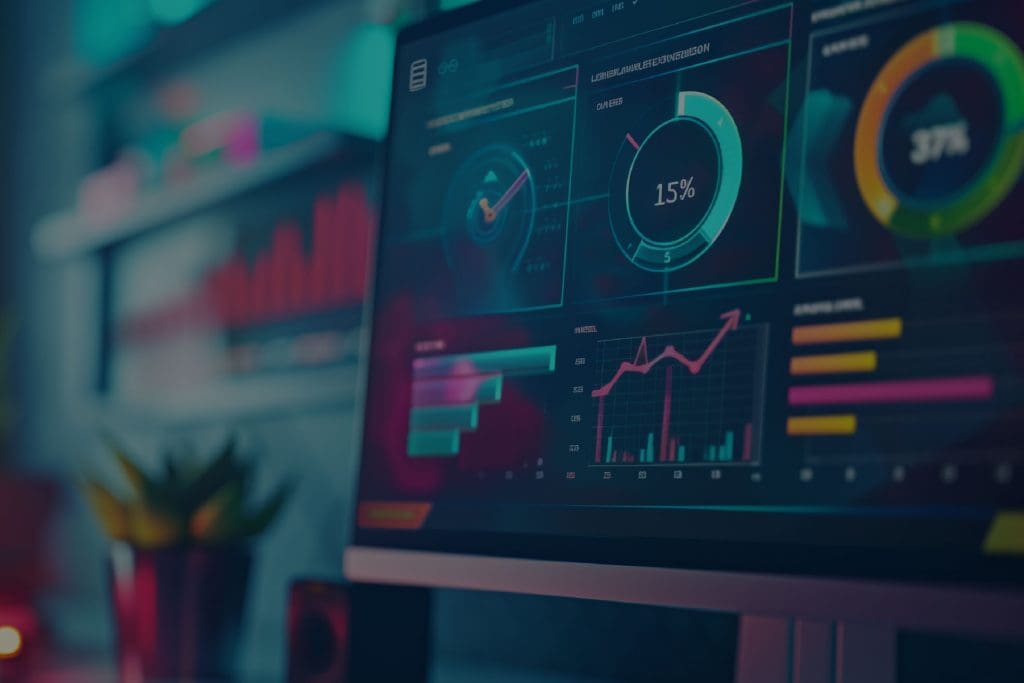Background
One of the world’s largest global biotechnology companies, a leader in innovative scientific research of rare diseases, approached J+D Forecasting with a set of forecasting challenges.
J+D Forecasting had worked with the team previously to build better forecast models. Key improvements at this point focused on model structures, methodology, transparency, and alignment to best practice.
During a ‘check-in’ meeting with J+D Forecasting, the biotech discussed new challenges they were experiencing, that, like many in analytics, accept as the norm.
J+D Forecasting believed there was an opportunity to make their forecasting experience not only better but more rewarding.
The Challenges
- Continue to ensure the existing forecast models have the greatest transparency and accuracy, as a one number difference can significantly impact revenue and volume in rare disease markets.
- There is a lot of data output, driven by the necessary complexity of the models. For example, the patients are split into different age groups which flow from one to another as the population ages. This example alone needs to be analysed, ‘drilled down’ and visualised in many ways.
- Existing models had been created by J+D however with 40-50 countries involved, management of the forecasting cycles could be difficult, and iterations could become challenging to manage in the future.
- Data files and forecasts were stored in different places/systems impeding efficiencies in forecast creation and analysis.
- PowerPoint slide reporting was time-consuming and repetitive.
The Solution
The existing Excel forecast models were easy to use, well-structured and already followed best practice forecasting principles. An epi-based cross-sectional approach combined with patient flow was already in place and working well for the team. Cut and paste functions and existing templates were helping the team save time too.
J+D Forecasting began this next phase by understanding how many data sources the client had and where they were coming from, plus how they were stored. There were 4-5 different data sources with no consistent storage approach. It was difficult for the team to find all the data, resource intensive to pull together and even more difficult to visualise. With between 40-50 countries creating, updating, changing, and submitting forecasts it was a headache to maintain.
A cloud-based system was introduced to pull and blend the data from all the sources and store in one place, this utilised SharePoint technology. SharePoint fits seamlessly with Excel and underpins the analytical tool of choice PowerBI.
FC365 automatically updates to reflect the forecast country status, sends notifications and supports the submission process. The team could see for the first time the status of the forecasting model in each country very clearly. For example, has the model been submitted? Has the model been reviewed? Was further information regarding assumptions required?
PowerBI has helped the team visualise data like never before – this has enabled more valuable and engaging discussions when reviewing the forecast at a regional/global level.
In addition, forecast patient numbers in volume and revenue are directly linked to the finance system improving alignment between different departments and business units. The link means that commercial teams can run their own analysis and understand previously inputted forecast metrics about the past, current and the future projection.
Key Successes
- Greater confidence in brand planning as forecasts are transparent and assumptions understood locally and globally.
- The complete forecasting process is more efficient for the whole organisation.
- A more rewarding forecasting experience for everyone involved in the process.
- The flexibility to analyse complex forecasting data for rare diseases at the level of detail the user chooses.
- A solution to support long term strategic planning as well as shorter-term tactical forecasting.
- Insights visualised quickly and easily in real-time.
- Greater confidence in the accuracy of the results given the ability to look at the data from all angles and greater depth.




